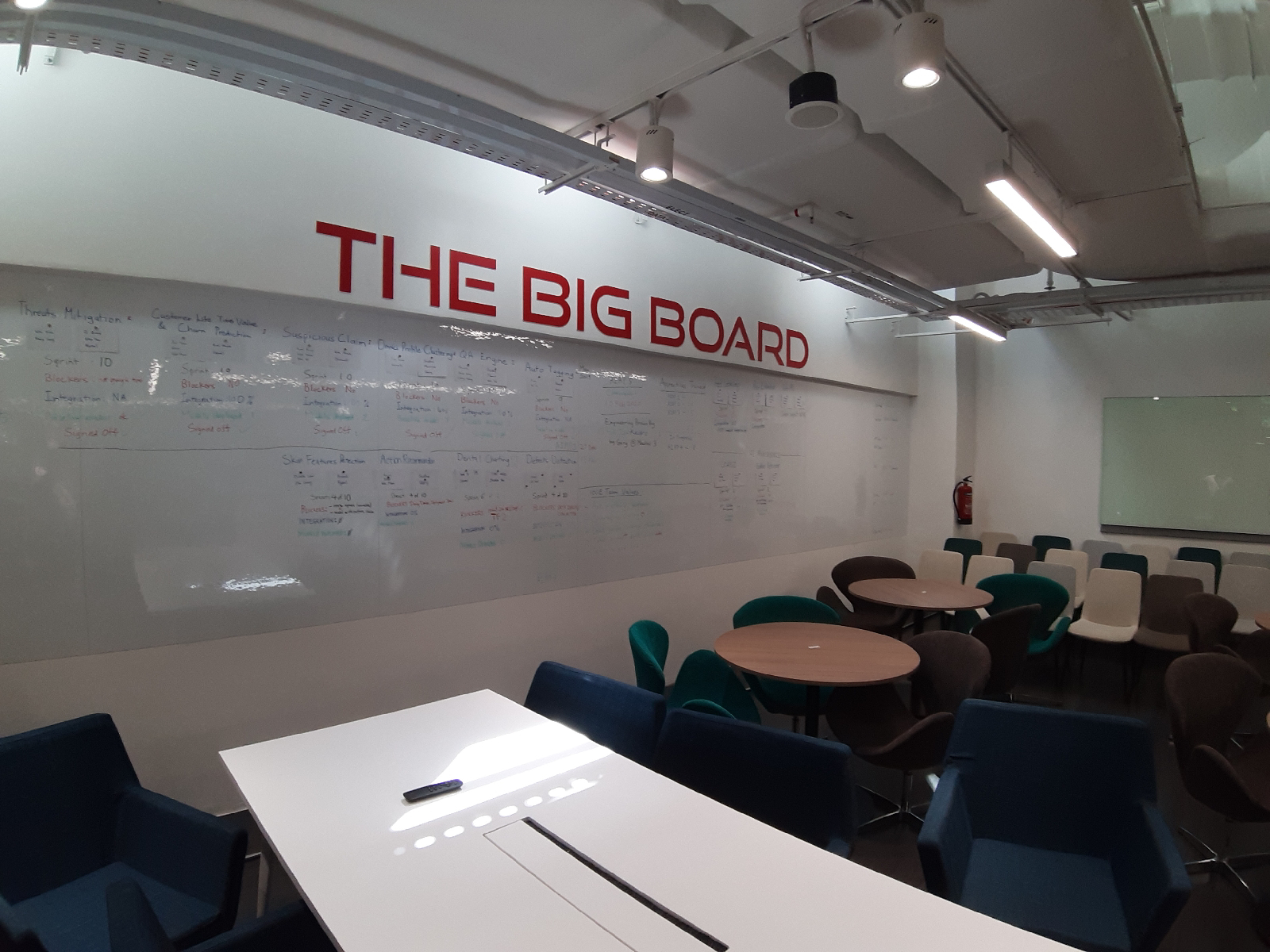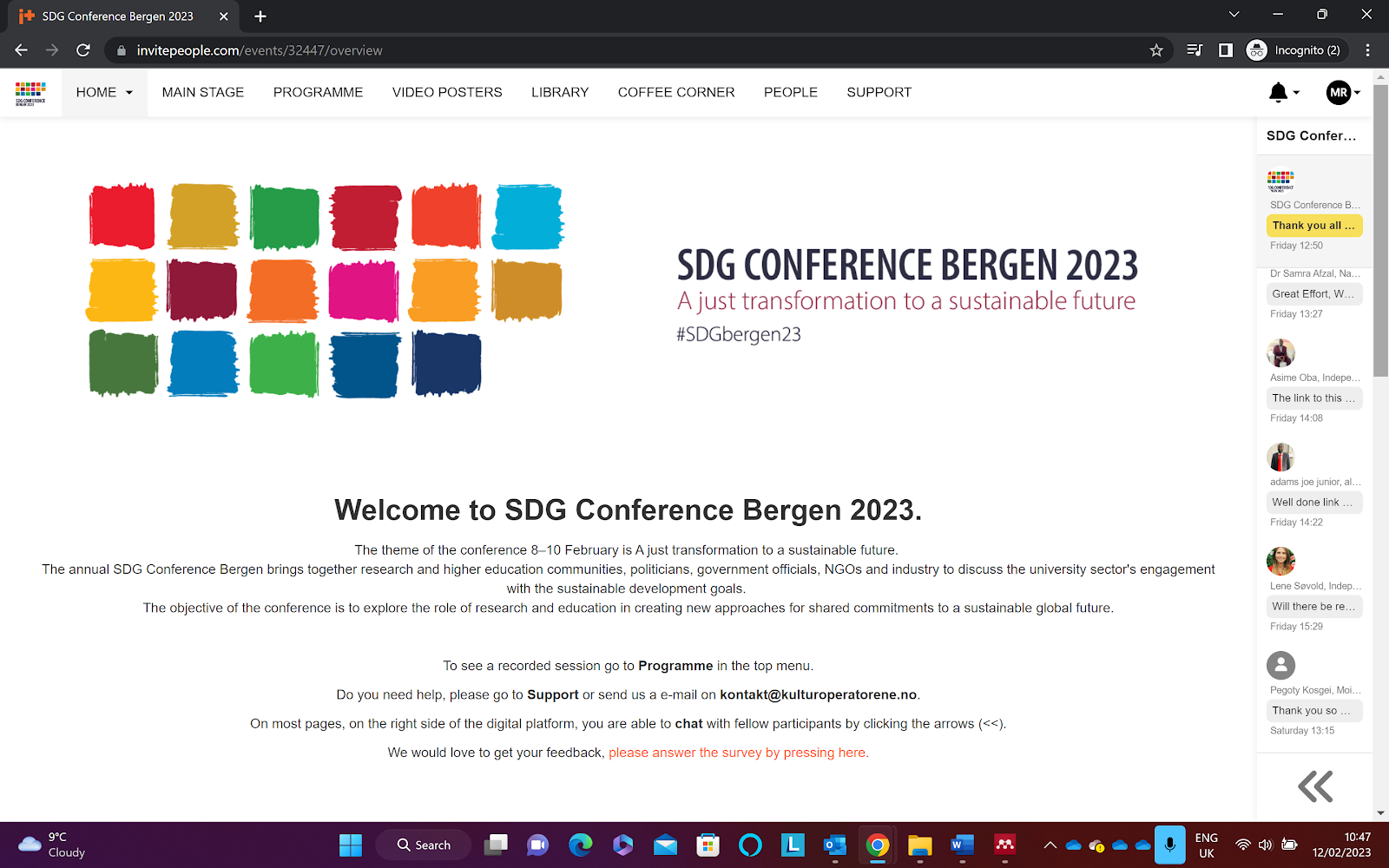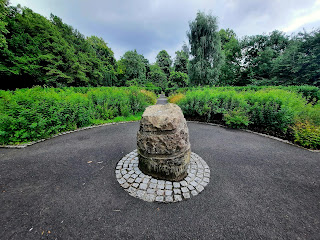(IMAESCII521) Forum Short Notes: Modules 7 and 8 - Qualitative Research Methods, Design and Conduct of Interviews (Group Work)
(Refer to the related blog post of Modules 7 and 8 HERE.)
Just before submitting this assignment, I had an opportunity to pre-test my interview guide and survey questionnaire to see how we can further improve these instruments. I am glad that this module allows for flexibility in trying these instruments and learn as we move ahead. I cannot help but be glad of the work of my team. And I look forward to uncovering more as we more forward with this study journey.
For the forum posts related to these modules, you can find my contributions below to the discussion. I posted 3 short responses to my classmates. My notes are always in pink!
FOR ACTIVITY 1 - THE "EDUCATION NEEDS" QUESTIONNAIRE
Re: The “education needs” questionnaire
by Mc Ronald Ι Banderlipe - Sunday, 21 March 2021, 12:51 AM
Hi Noha,
Thank you for your feedback and questions.
I'd like to answer your question on whether an interpreter presence in the course of conducting the survey questionnaire will affect the way the participants will answer the question. To contextualise this, the proposed study is in a refugee/settlement camp where there's not much availability of digital devices for people to use and play around. Assuming that participants of the survey will also not be confident to answer the survey using digital tablets became our basis for providing an interpreter who can translate the question in their language. It is an important part of a research team's due diligence to ensure that the question is understood otherwise they will be discouraged to continue.
What about the sensitivity of the question? There are many ways to perhaps organise the conduct of the survey - you can conduct a survey with a purposive group having similar or related characteristics (or even demographics) and complement that with a research team member and an interpreter who purposively falls on the same demographics to join the data gathering.
In the real-life setting however, one will probably not use a digital device for asking participants living in a settlement camp to participate in the survey. The questions must have been translated beforehand into the local language(s) generally spoken by the community there and the questionnaires will be distributed by hard copy. Nevertheless, a research team member with a translator should still be present in case the participant needs to clarify something.
To address the mode effect of surveys. Survey instruments like this needs to undergo pre-testing as an important part of the development of the instrument. And I agree, more anonymous the survey instrument and the conduct of data gathering could give more objective responses.
But then again, no one in our team has conducted any work in the refugee camps (not just yet). So we are basing our decision to implement the survey based on the caveats we outlined earlier.
Thanks.
============================
Re: The “education needs” questionnaire
by Khadija Batool - Saturday,
13 March 2021, 3:47 PM
Dear McRhon and group, I really like how you really
covered everything and really covering all insights into the topic :) You did a
good job and extensive research data could be collected by this research.
====
In reply to Khadija Batool
Re:
The “education needs” questionnaire
by Mc Ronald Ι Banderlipe - Sunday, 21
March 2021, 12:54 AM
Hi
Khadija,
Thank you.
Our purpose was just to technically present a quantitative survey
questionnaire. The information and content was simply an initial exploration of
the many possible dimensions and themes that might be asked in the real
research setting. It still needs to be pre-tested and aligned to your actual
study objectives. If you have any other dimensions in mind which you can share
with me (Or us), I will be happy to work with you on how we can frame these
questions in the survey.
Thanks!
============================
FOR ACTIVTY 2: THE "EDUCATION NEEDS" INTERVIEW GUIDE
Re: The "education needs" interview guide
by Mc Ronald Ι Banderlipe - Sunday, 21
March 2021, 9:55 AM
Hi
Isabela, Viktoria and Khadija,
Thank you on behalf of the group for your comments. Your insights are valuable
and I cannot agree how much we need to make the conversation as natural and
free-flowing to ensure we get a rich qualitative data.
Somehow, I think there's so much we can learn from conducting interviews. While
an interview protocol will be a good way to kind of regulate the interview
environment, such activities require active listening as well.
The rationale (to Isa) for forming the questions were based on our reading of
the materials, as well as the supplementary conversation with Kenneth, and
referecing to other materials not included in the study. We have also consulted
some available interview protocol and adapt the questions based on what is
requested in our study.
I would also try to minimise asking questions that could provide binary
answers. What researchers can do is to allow to expand and briefly describe why
they agree or disagree with certain provocations in your interview and allow
them to own their argument rather than imposing them to simply side with one
thing over another. Good television interviewers and journalists have mastered
that art. And we are only starting our journey to this.
As this will lead us all to the Module 9 assignment, I wish you all the very
best in your interview sessions.



Comments